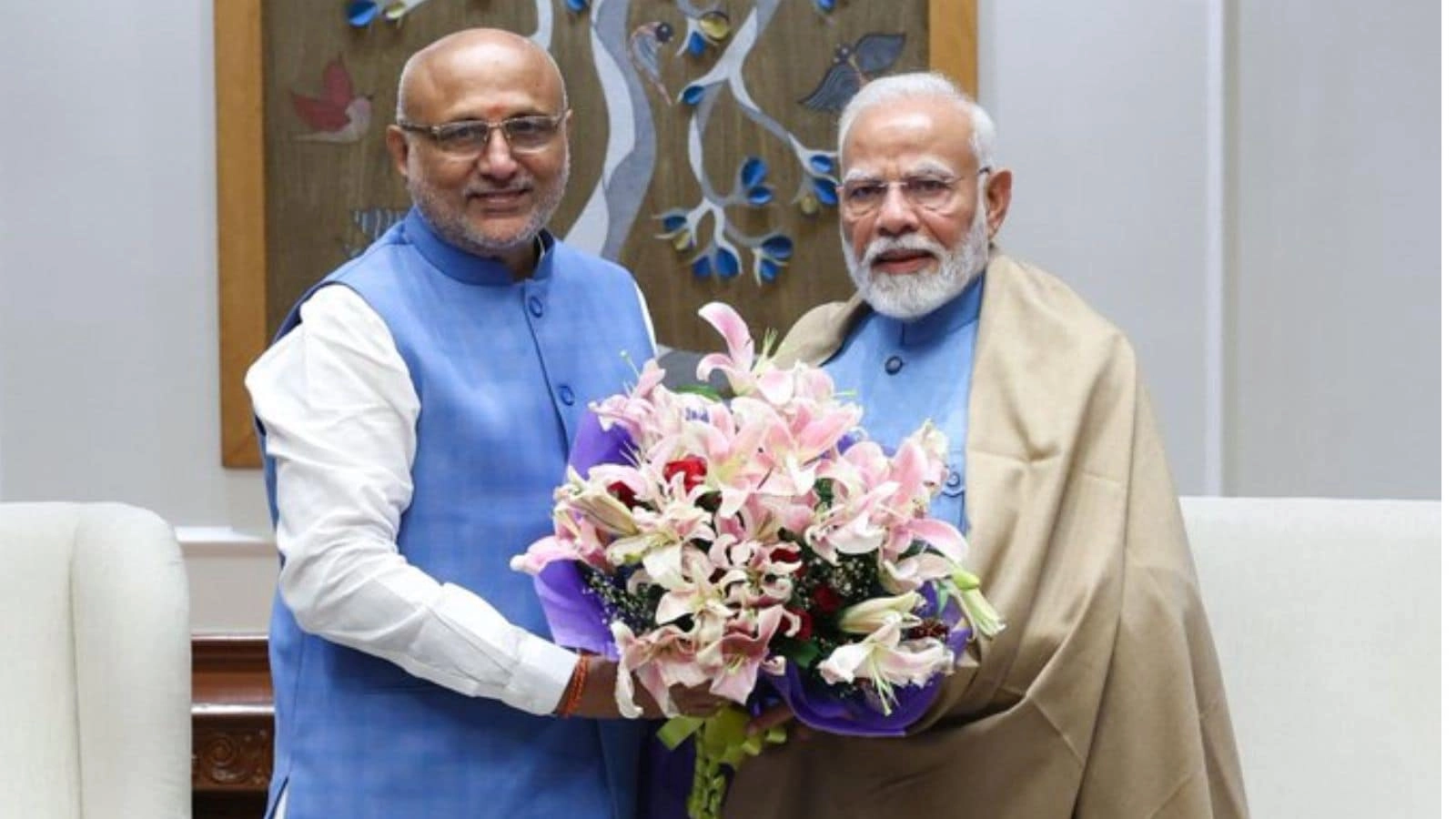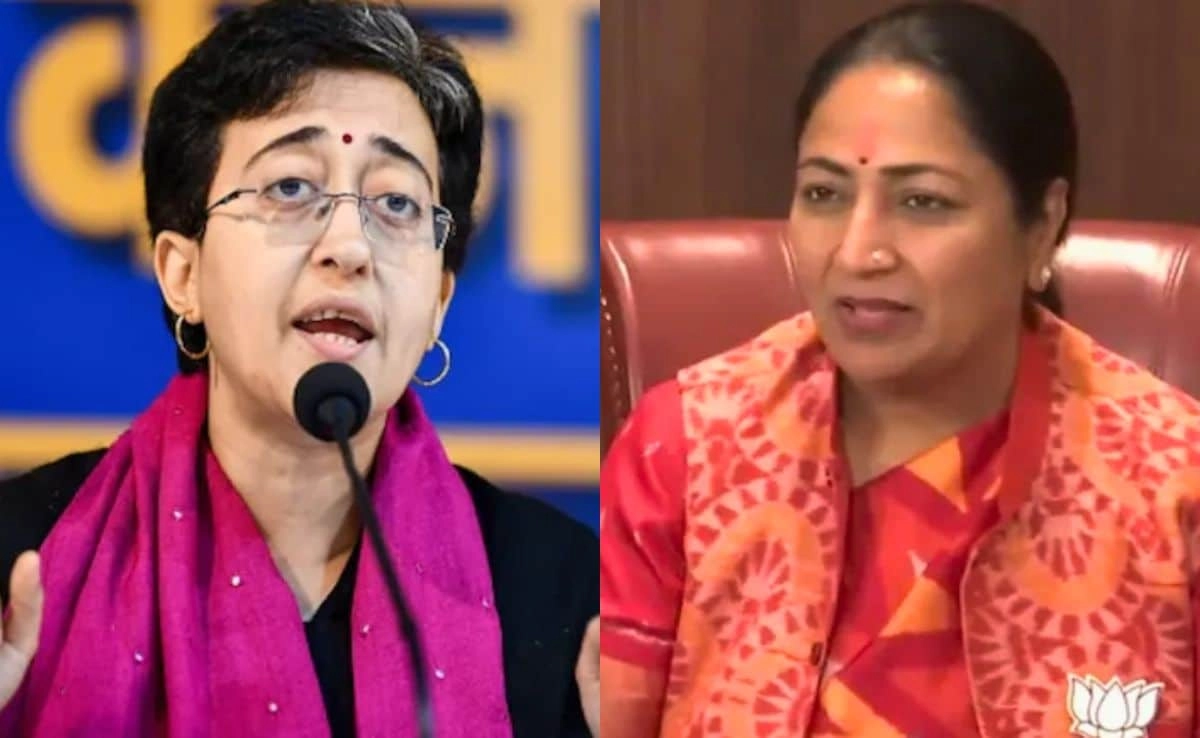Thailand’s political landscape has been rocked by the suspension of Prime Minister Paetongtarn Shinawatra following the emergence of a leaked phone call that has ignited widespread controversy. The leaked conversation, which reportedly involved discussions about sensitive political matters and strategic decision-making, has raised questions about the integrity and transparency of the Shinawatra administration. Critics argue that the content of the call reveals a concerning level of unprofessionalism and could undermine public confidence in the government. As a result, the suspension has led to heightened tensions within Thailand’s already turbulent political environment.
The fallout from the leak has been significant, with opposition parties seizing the opportunity to call for greater accountability and transparency from the ruling government. Political analysts suggest that this incident may not only affect the Shinawatra administration’s immediate political standing but could also have long-term implications for the future of governance in Thailand. Public sentiment appears to be shifting, as many citizens express frustration over perceived mismanagement and a lack of responsiveness to their concerns. The controversy surrounding the leaked call has galvanized various factions within the political sphere, further complicating an already intricate power dynamic.
In the wake of the suspension, there are growing calls for an investigation into the circumstances surrounding the leaked conversation. Supporters of Paetongtarn Shinawatra argue that the suspension is politically motivated, aimed at undermining a leader who has made significant strides in addressing pressing social and economic issues. They contend that the focus should be on the substance of governance rather than sensationalized leaks that may not accurately reflect the Prime Minister’s intentions or capabilities. As the situation unfolds, many are left wondering what this means for Thailand’s political future and whether the suspension will lead to lasting reforms or further polarization among the country’s political factions.
As the nation watches closely, the implications of this situation extend beyond the immediate political ramifications for the Prime Minister. Thailand’s democratic institutions and their resilience are under scrutiny, with many citizens demanding greater oversight and ethical standards from their leaders. The incident has sparked discussions about the role of media and whistleblowers in holding public officials accountable, igniting a broader dialogue about transparency and governance in the region. Ultimately, how the Shinawatra administration navigates this crisis will likely set the tone for future political engagements and public trust in Thailand’s leadership.




